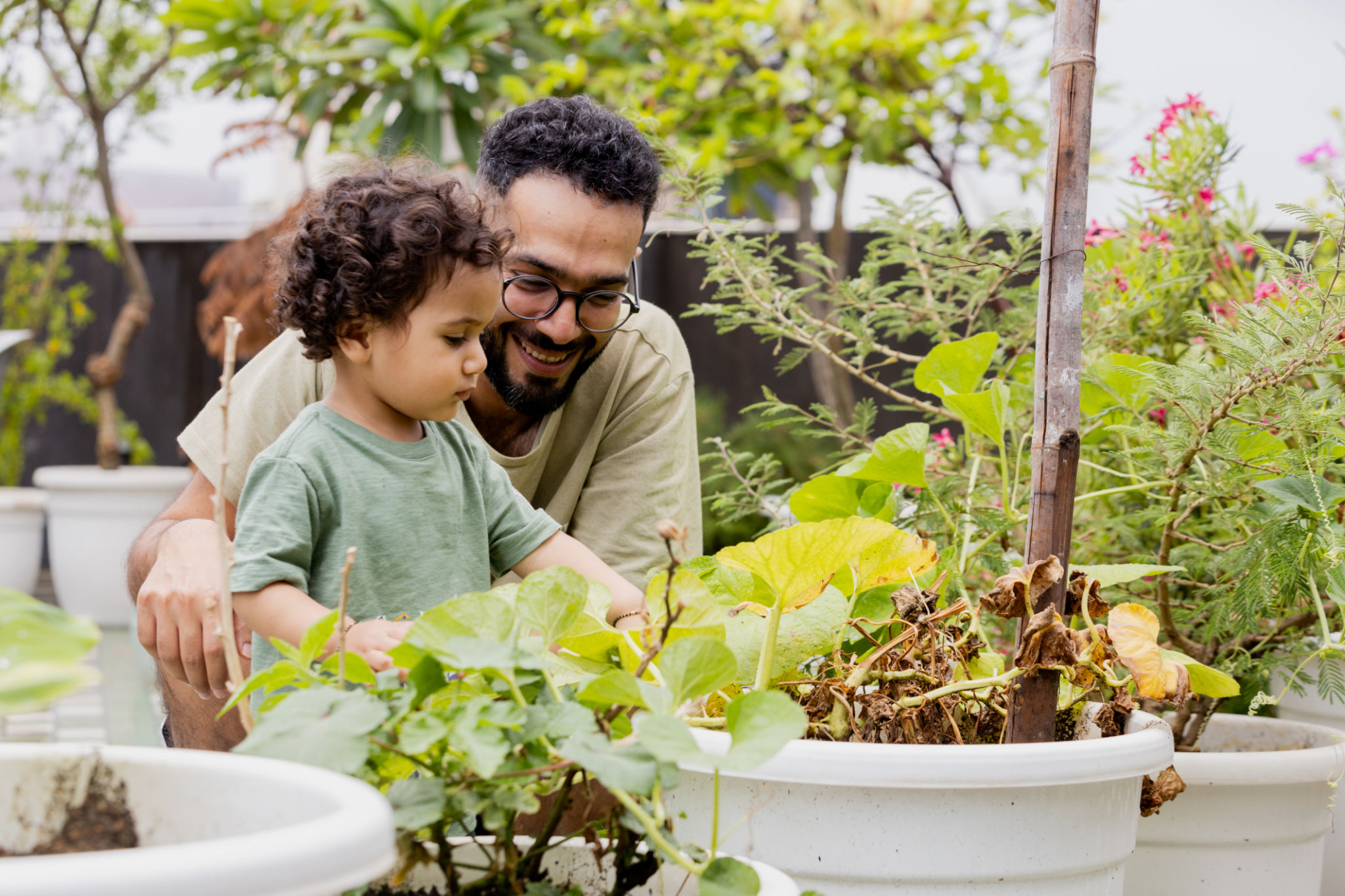The Benefits of School Gardening Clubs for Student Well-being
Introduction to School Gardening Clubs
School gardening clubs have been sprouting up across educational institutions, offering students a unique opportunity to engage with nature. These clubs are not just about planting seeds and watering plants; they provide a holistic approach to education and well-being. The benefits of participating in a school gardening club extend beyond the garden and can significantly impact students' physical, emotional, and social well-being.
Enhancing Physical Health
Gardening is a physical activity that helps students stay active and improves their overall health. From digging and planting to watering and weeding, these tasks require physical effort, which can enhance strength, flexibility, and stamina. Students engaged in gardening are less likely to lead sedentary lifestyles, which is crucial for their physical development.

Boosting Mental Well-being
Being in nature has been shown to reduce stress and anxiety levels. Gardening provides a calming environment that encourages mindfulness and relaxation. The process of nurturing plants from seeds to full-grown plants can be therapeutic, allowing students to take a break from academic pressures and focus on something tangible and rewarding.
Moreover, the sense of achievement that comes from seeing their efforts literally blossom can significantly boost students' self-esteem and confidence. This positive reinforcement is essential for mental health, especially in a school setting where students often face various challenges.
Fostering Social Skills and Teamwork
School gardening clubs are excellent platforms for developing social skills. Working together towards a common goal requires communication, collaboration, and problem-solving—all vital skills for personal and professional success. Students learn to share responsibilities, respect diverse opinions, and contribute to group efforts.

Encouraging Environmental Awareness
Participating in a gardening club helps students develop a deeper appreciation for the environment. As they learn about plant biology, ecosystems, and sustainable practices, they become more conscious of their impact on the planet. This awareness can lead to more environmentally friendly habits both at school and at home.
Through hands-on learning, students can better understand the importance of biodiversity, conservation, and the role they play in preserving our natural world. This knowledge empowers them to become proactive environmental stewards.
Nurturing Nutritional Knowledge
Gardening clubs often include growing fruits and vegetables, providing students with firsthand experience of where food comes from. This knowledge can influence healthier eating habits as students are more likely to try new fruits and vegetables they have grown themselves.

Additionally, gardening teaches students about the nutritional value of different foods, encouraging them to make informed dietary choices. This understanding is crucial in combating childhood obesity and promoting overall health.
Conclusion
School gardening clubs offer a myriad of benefits that contribute to the overall well-being of students. From promoting physical health and mental wellness to fostering social skills and environmental awareness, these clubs provide invaluable life lessons. As educational institutions continue to recognize the importance of holistic development, the popularity of school gardening clubs is likely to grow, cultivating not just plants but healthier, more well-rounded individuals.